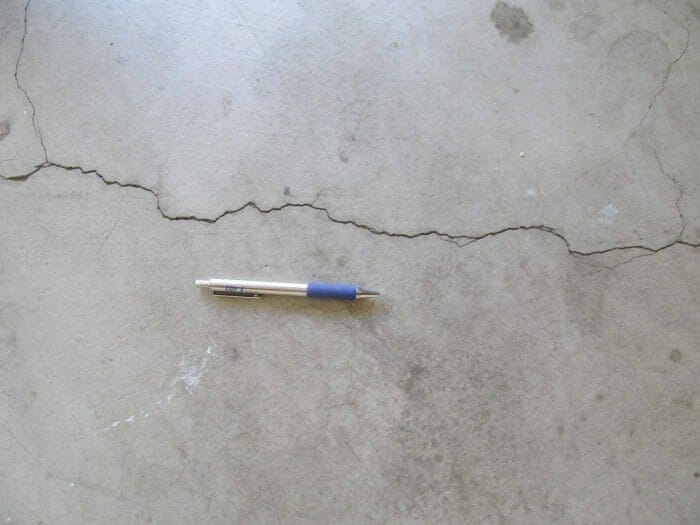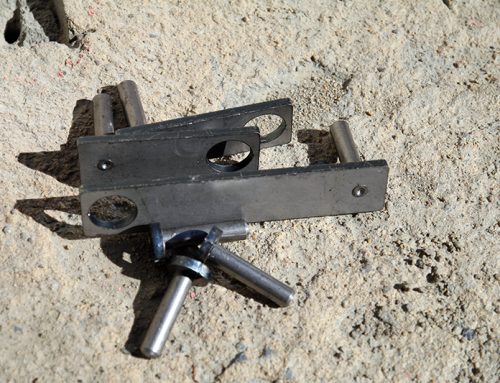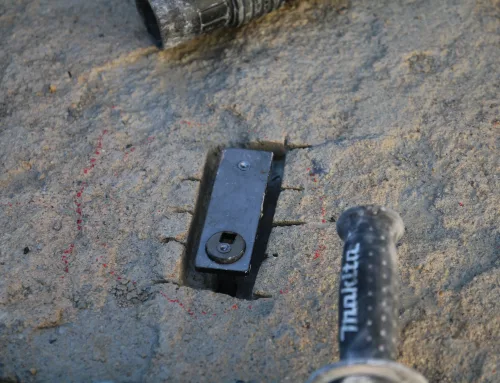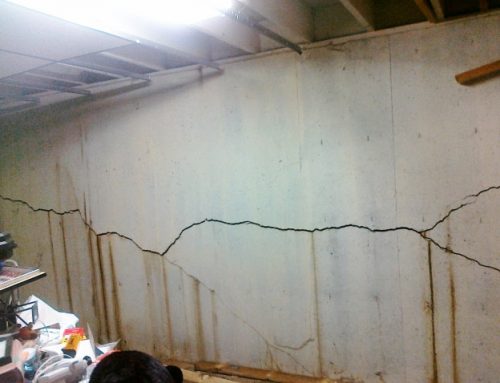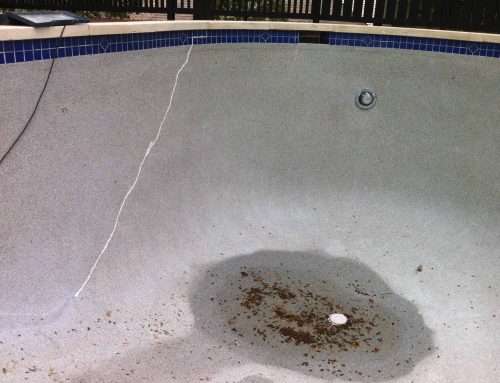Cracks in your foundation can trigger many questions. Is this a simple crack and nothing more? Will it worsen with time? Can it threaten the structural integrity of my home, especially the walls? Is there a lasting fix for this problem? All these are genuine and serious questions that need answers. Before starting to worry about what might be a minor concern and an easy repair, talk to a professional who installs Torque Lock Structural Staples and have them take a look at the situation.
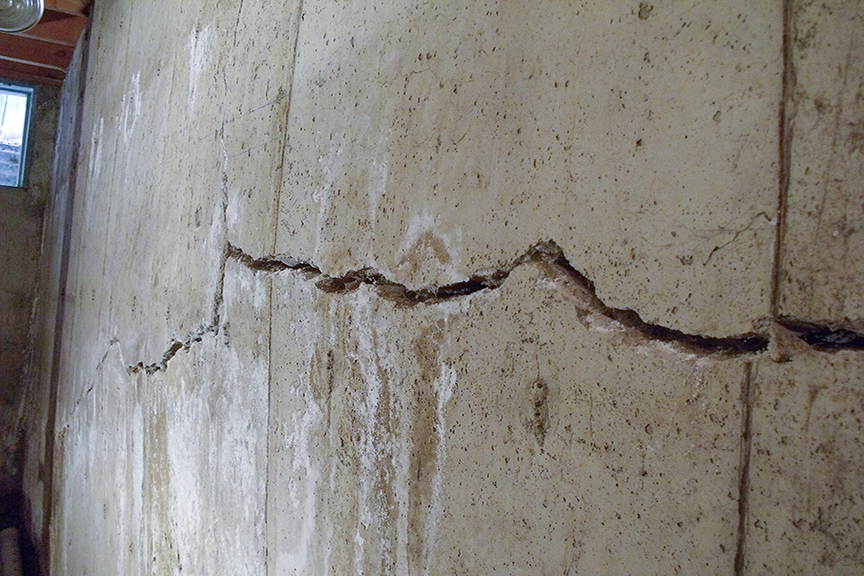
Cracks in the foundation of a home can be classified broadly into two categories – structural cracks and non-structural cracks. Is there any difference? Yes, there's a big difference between these two types of cracks and the issues caused by them. One is superficial in nature and considerably less severe, while the other is deep-seated and potentially dangerous. Knowing the differences between these two will help you identify which type of crack you're dealing with and take the appropriate measures, but always talk to a professional who is experienced in making repairs.
Non-structural Cracks in the Foundation
Also known as cosmetic cracks, these don't pose a threat to the structural integrity of your home. They can occur over time because of changes in weather conditions, thermal movement, hydrostatic pressure and exposure to moisture. Some cracks appear because of aging. Well, many of these factors are natural and universal. Some of the major signs of non-structural cracks in the foundation include:
- Cracks on plaster
- Vertical or diagonal cracks
- Narrow cracks measuring 1-2 mm wide
- Cracks near doors or the edge of the window
Unlike structural cracks, cosmetic cracks are mostly thin and less aggressive. They may not require elaborate repairs, but keep an eye on them. A bigger concern is when water starts seeping through them.
Structural Cracks in the Foundation
As the name suggests, structural cracks occur because of poor construction sites, overloading or poor soil bearing. These cracks may not introduce water right away, but over time, you can rest assured they will. Telltale signs of structural cracks in your foundation are:
- Stair-step cracks
- Cracks on foundation slabs or beams
- Vertical cracks that are wide at the bottom or top
- Cracks measuring 1/8″ in width
Structural cracks in concrete walls and the foundation signify a considerable shift in the home's foundation. Any delay in fixing the problem will only lead to further problems. Repairs will get more expensive and complicated. Call a professional Torque Lock installer today.
A number of things should alert you to the possibility that you're not just dealing with a simple problem. The first is a crack that's more than a quarter of an inch wide. If you have such a crack, contact a professional immediately. The other sign is the number of cracks in the foundation. It may be normal to have a few cracks. But if you have many cracks that cut across the length or breadth of your foundation, that's a bad sign.
Cracks in the foundation will also affect your frames, beams and roofing. Doors and windows can refuse to shut properly. Walls may leak, especially if you have a basement. All these should ring bells that there could be a structural problem with the foundation. The severity of a crack depends on the size, location and number of cracks in the foundation.
Whether harmless or severe, never ignore the signs of a crack on your foundation. Pay attention to other areas of the home too. Monitor changes to cracks and identify new ones. Seek the opinion of a basement and foundation repair contractor. By inspecting your home, they will be able to determine the kind of crack and recommend a corrective solution.
Caution: Never attempt to fix a structural crack using DIY crack injection kits. The safety of your home and loved ones is too great to take such a risk.
For more information, call Torque Lock at 818-436-2953 today.

